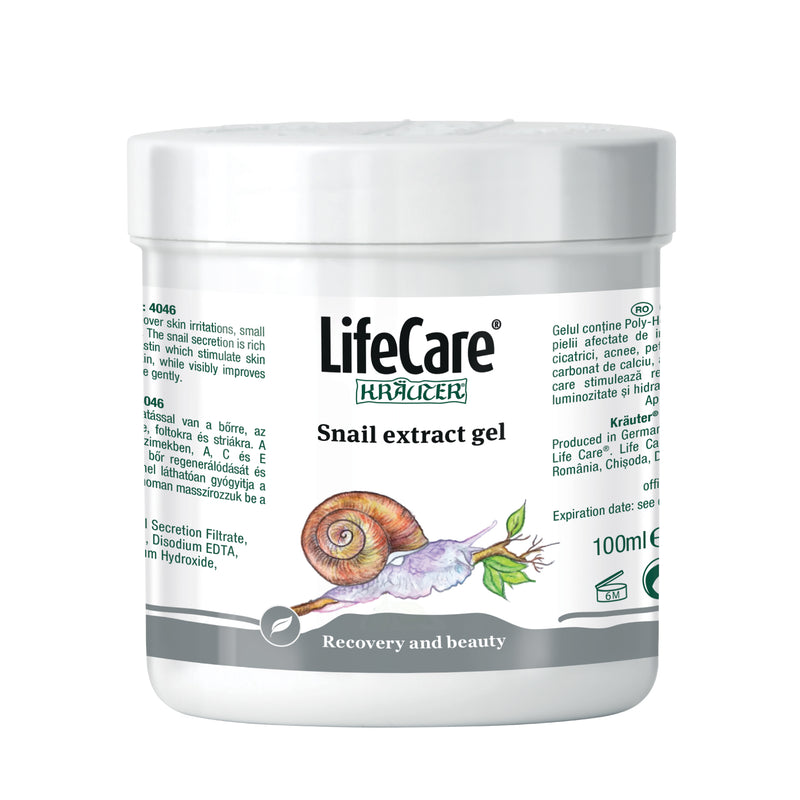Omega-3s are essential fatty acids in maintaining brain health, increasing elasticity of blood vessels, preventing premature aging, depressive states, decreasing and regulating cholesterol and triglycerides in blood, reduces the risk of heart attack and stroke.
What is and what is used omega 3
If you wonder what Omega-3 is, the answer is an essential fatty acid, which cannot be synthesized by the body, but must be purchased by diet or dietary supplements. It is a type of healthy fat that is found in every cell of the body. Especially the brain and heart need a sufficient intake of omega 3 to function in optimal conditions.
Omega 3 benefits for the body
The most beneficial essential fatty acids are Omega-3, which are under the names of EPA, DHA and Ala. They play a role in maintaining brain health, increasing the elasticity of blood vessels, preventing premature aging, depressive states, decreases and regulates cholesterol and triglycerides in the blood, reduce the risk of heart attack and stroke.
Lack of Omega 3 in the body. Symptoms and indications
The lack of omega 3 may have the following symptoms: dry or irritated skin, excessive hair loss, depressive states, joint pain, dryness in the eyes. In addition, the total cholesterol level can increase (the "good" - HDL - decreases, and the "bad" - LDL - increases). Alarm signals include high blood pressure. Over time, type II diabetes, cardiovascular disease, obesity, neurodegenerative diseases such as Alzheimer or Parkinson, cancer or rheumatism can be reached.
Types of supplements with Omega 3 and modes of administration
They are found in different forms, for children or adults: capsules, chewable tablets, drops. Masticable drops and tablets are recommended for children and people who have difficulty swallowing capsules. If you do not get a sufficient amount of omega 3 in the diet, dietary supplements can help you. Take them after a main meal, with a sufficient amount of water.
How to integrate supplements with omega 3 into your routine
Omega 3 fatty acids can be easily introduced into daily routine. Omega 3 for children can be administered in the form of masticable drops or tablets. Adults can use capsules, in the concentration they need.
The daily dose also recommend sources from which you can get it
To benefit from the benefits of Omega 3, the recommended daily dose is depending on age and sex: 0-12 months, both sexes (0.5 gr); 1-3 years, both sexes (0.7gr); 4-8 years, both sexes (0.9 gr); 9-13 years, girls (1 gr), boys (1.2 gr); From 14 years, women (1.1 gr), men (1.6 gr).
In the case of pregnant women, a daily dose of approx. 1.4 g Omega 3 fatty acids, and for breastfeeding women, a daily intake of 1.3 g is needed.
The main source of Omega 3 is fatty fish (salmon, mackerel, herring, tuna, sardines, code). Vegetable sources of Omega-3: choice, broccoli, cauliflower, cabbage, beans, peas, chia seeds, flax seeds, rapeseed oil or soy.
Useful questions:
What are Omega 3 fatty acids and why are they important to the body?
Helps maintain hair, nail and skin health (reduce wrinkles, prevent premature aging and protect against UV radiation), contribute to assimilating soluble vitamins (A, D, E, K) in fat, balances and controls hormone production. Fatty acids lower tension, triglyceride levels, myocardial infarction and stroke.
Who is recommended to use natural Omega 3 supplements?
Omega 3 plays an essential role for the heart, brain, eyes, bones and immunity. It is indicated for people suffering from macular degeneration (Omega 3 contains DHA, an acid that is part of the retina component). Omega 3 can be administered by people who have memory or concentration problems, because it facilitates communication between neurons.
It is also recommended for cardiovascular disease, because it reduces the risk of abnormal heart rate, can prevent the development of atheroma plaque, reduces tension. It is also indicated for: diabetics, increasing immunity, protecting joints, reducing the fat accumulated in the liver.
How long is it necessary to administer supplements with Omega 3?
Supplements with Omega 3 should be administered at the recommendation of the specialist doctor, in the dose and pharmaceutical form. We cannot offer a standard answer to the question: "how many months omega 3" is taken.
Like any dietary supplement, to obtain the desired results, it is advisable to administer for a period of at least 3 months, which can be extended at the doctor's advice.
What is the difference between classic omega 3 and natural omega 3 supplements?
The difference between these two types of Omega 3 fatty acid is originally: Omega 3 classic is extracted from fatty fat (usually salmon or code). It can be natural or synthesized. Natural Omega 3 supplements can be from animal or vegetable sources, which also contain other extra vitamins or minerals.
For example, when Omega 3 is combined with vitamin A, it has a stronger antioxidant effect. Omega 3 vegetable sources are marine algae, rapeseed vegetable oil or soy. Omega 3 natural supplements have a higher quality standard.
Are there side effects of omega 3 supplements of organic plants?
When Omega 3 is consumed in excess, it can have proinflammatory effect. To prevent this, there must be a balance in nutrition. Do not exceed the recommended daily dose. Some of the side effects can be: bad breath, stomach burns, nausea, diarrhea, indigestion, dizziness.
Keep in mind any interactions with other drugs or dietary supplements: weight loss drugs (may decrease fatty acid absorption), anticoagulants, anti -aggregates, contraceptives, blood pressure treatments.




